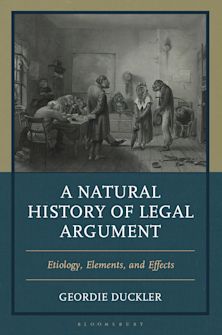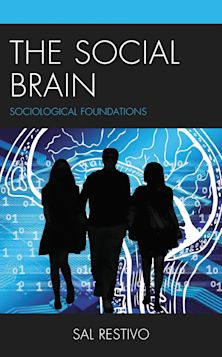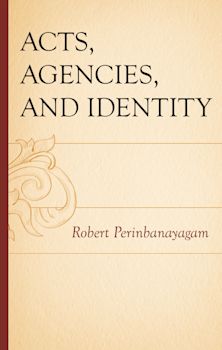- Home
- ACADEMIC
- Sociology
- Sociology - Other
- Citizenship in a Fragile World
Citizenship in a Fragile World
This product is usually dispatched within 3 days
- Delivery and returns info
-
Free CA delivery on orders $40 or over
You must sign in to add this item to your wishlist. Please sign in or create an account
Description
Traditional conceptions of citizenship have dealt almost exclusively with political life within one state. But the internationalization of so much economic, cultural, and political life today presents new opportunities and problems-including the potential to extinguish human life. Taking these new features as a point of departure, Dauenhauer exposes the flaws in standard communitarian and liberal democratic theory, focusing on the work of Charles Taylor, John Rawls, and Jürgen Habermas. He articulates a concept of 'complex citizenship' that recognizes citizens' responsibilities beyond borders, and shows its fruitfulness for educating children and dealing with foreign states and their peoples.
Table of Contents
Chapter 2 Points of Departure
Chapter 3 The Twentieth-Century Debate about Citizenship
Chapter 4 The Political Agent
Chapter 5 The Domain of Politics
Chapter 6 Citizenship: Perennial Features
Chapter 7 Complex Citizenship
Chapter 8 Education and Competent Citizenship
Chapter 9 Citizens and Foreigners
Chapter 10 Conclusion
Chapter 11 Endnotes
Chapter 12 Bibliography
Chapter 13 Index
Product details
| Published | Jul 11 1996 |
|---|---|
| Format | Paperback |
| Edition | 1st |
| Extent | 272 |
| ISBN | 9780847682232 |
| Imprint | Rowman & Littlefield Publishers |
| Dimensions | 230 x 152 mm |
| Series | Studies in Social, Political, and Legal Philosophy |
| Publisher | Bloomsbury Publishing |
About the contributors
Reviews
-
Citizenship in a Fragile World. . . is a brave effort to confront a problem in democratic theory around which others too often merely mince.
Katherine Fierlbeck, American Political Science Review
-
By proposing a new and more adequate concept of the political agent, Dauenhauer challenges both the liberal and the communitarian schools of democratic political thought and raises current debate to a new level. A remarkable achievement, perceptive and timely.
Thomas R. Flynn, Emory University
-
With judiciousness and wisdom, Dauenhauer diagnoses and offers solutions to what is perhaps the central problem of the coming century: citizenship. Because this insightful book is willing to grapple with such controversial issues, it will contribute significantly to the vital conversation about the future of democracies in a dangerous time.
Michael E. Zimmerman, professor of philosophy, University of Colorado at Boulder
-
. . . book is a thoughtful, provocative, rewarding essay in philosophy, political community, and citizenship.
Choice Reviews



































